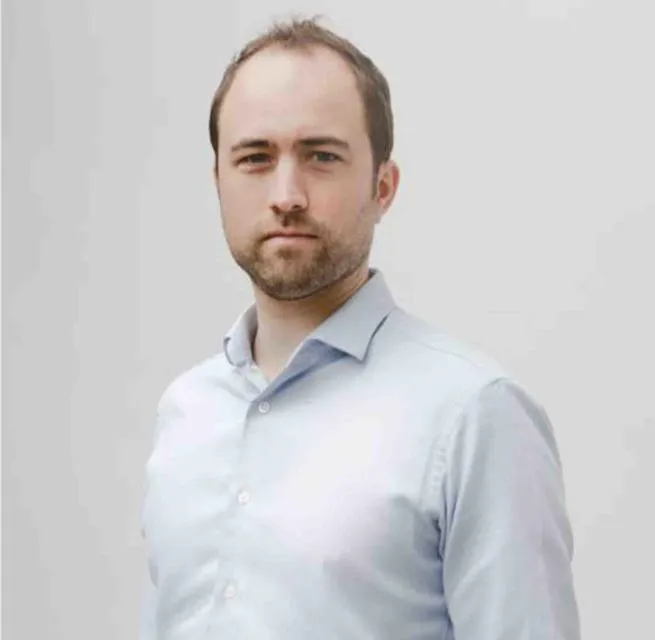Heriot-Watt University launches world’s first online course in carbon dioxide removal

In a global first, Heriot-Watt University has unveiled a groundbreaking new online course dedicated to tackling the excess of carbon dioxide (CO₂) in the Earth’s atmosphere, one of the root causes of climate change.
The Carbon Dioxide Removal from a Systems Perspective course, delivered by Heriot-Watt Online, is the first university-led initiative of its kind to focus exclusively on the science, technology, and policy of removing CO₂ from the environment.
This short course, lasting 50 hours, is designed for professionals across sectors such as government, energy, agroforestry and tech as well as those looking to pivot into climate-focused roles.
What excites me most is knowing that by growing this community, we’re helping people contribute directly to solving the climate crisis.
It explores the science of the global carbon cycle and will unpick the latest carbon removal technologies such as direct air capture and enhanced rock weathering. It will also investigate the economic, environmental and societal trade-offs of different approaches.
With the scale-up of the Carbon Dioxide Removal (CDR) sector representing a major economic opportunity for Europe - projected to become a €220 billion annual market and support 670,000 high-quality jobs by 2050, according to a 2025 whitepaper from Carbon Gap - the demand for skilled professionals has never been higher.
Developed in collaboration with industries, government bodies, and Non-Governmental Organisations (NGOs), the programme equips learners with the knowledge and practical skills to address one of the world’s most urgent climate challenges. Without large-scale carbon removal, experts agree, global climate targets will remain out of reach.

Dr Mijndert van der Spek, Associate Professor and course lead at Heriot-Watt University, is an internationally recognised expert in the environmental and economic evaluation of climate mitigation technologies.
“We’re incredibly proud to pioneer this course,” said Dr van der Spek. “For years we’ve been advancing carbon dioxide removal technologies, but there’s been little formal education for professionals who want to transition into this vital field. CDR is essential if we’re serious about meeting our climate goals and we need a workforce ready to build an industry even larger than oil and gas.l if we’re serious about meeting our climate goals and we need a workforce ready to build an industry even larger than oil and gas.
“Whether you’re in government, industry, or finance, this course gives you a comprehensive understanding of what carbon removal involves, from technology and systems thinking to policy and implementation. What excites me most is knowing that by growing this community, we’re helping people contribute directly to solving the climate crisis.”
The online course offers flexible access for students who can start anytime and anywhere in the world and offers a reduced price for learners from emerging economies. For more information or to enrol visit the website.
The arrival of the new course has been welcomed by Chris Sherwood, Secretary General of the Negative Emissions Platform, the leading CDR industry association based in Brussels.
"It's exciting to see that leading universities are recognising the importance of carbon dioxide removals and preparing to equip a new generation of climate entrepreneurs who will lead the growth of a powerful new green economy," he said.
Carbon dioxide is primarily produced through the burning of fossil fuels, such as oil, coal and natural gas, and by altering natural carbon sinks through land-use changes and industrial activities. Having an excess of CO2 in the atmosphere intensifies the greenhouse effect, leading to significant environmental and climatic changes.
There are many significant challenges in removing carbon dioxide from the air such as uncertain long-term storage and high costs. Without a skilled workforce, these challenges are magnified and jeopardise climate goals.